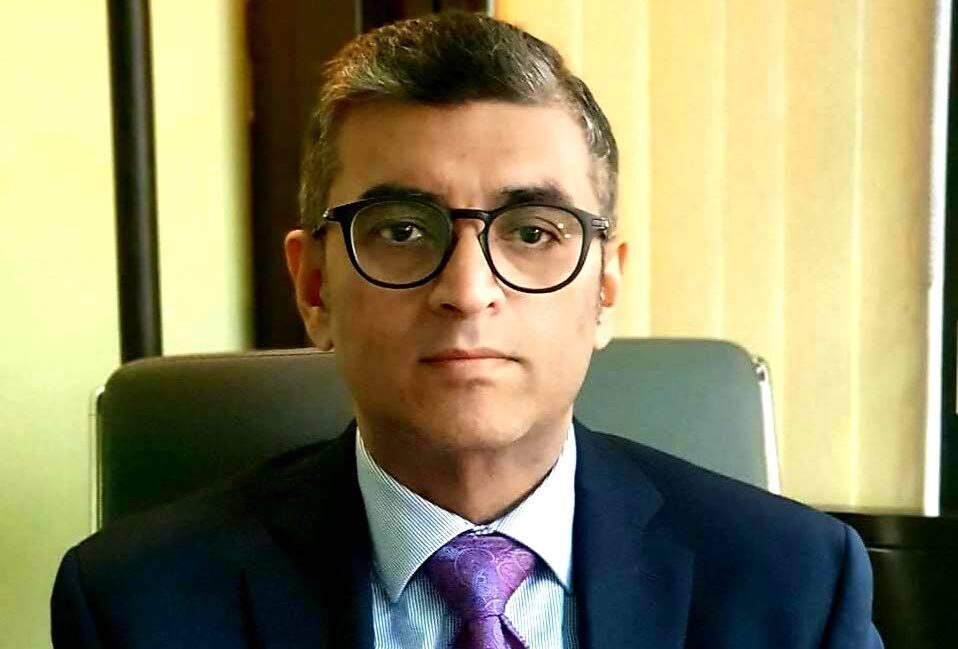Judge raises concern about doctor's qualifications, credibility

A HIGH COURT judge has expressed concern about a doctor’s qualifications and questioned his credibility.
The judge has also ordered the registrar of the Supreme Court to forward his ruling, delivered on July 25, to the Medical Board because of the “potential harm” to the public.
Justice Ricky Rahim made the order in a ruling on an application filed by five siblings to have set aside their 80-year-old mother’s claim for the partition and sale of a little over three acres of land in Savana Grande in Princes Town, on the basis she did not have the mental capacity to make such a decision. The five are also co-owners of the property.
Medical certificates were submitted as evidence in support of the woman’s application, dated May 2022 and August 2023, purporting she was of sound mind. The judge found these to be unhelpful, as one was dated and the other “exceptionally vague.”
Another, from a doctor based in San Fernando, submitted in March, claimed the woman was competent to make decisions on her behalf and manage her affairs.
The woman’s children then applied to have the doctor’s evidence struck out.
In support of the application, the children provided an affidavit from a consultant psychiatrist who had also examined their mother. After doing several neurocognitive disorder tests, the doctor found she was not of sound mind and did not have the mental capacity to safely manage her property and affairs. He also formed the opinion that she suffers from early dementia, on the basis of her scores.
Part of this doctor’s evidence was notes on the woman’s behaviour, as told to him by her relatives. She allegedly accused them of stealing from her after a large sum of money was withdrawn from her account, and would also randomly ask friends for money when she met them in public. There were also recordings of her sending accusatory voice messages to her children, but later in the day, she would send messages telling them how much she appreciated their support. She also accused them of trying to poison her.
In an interview with her, the doctor said she told him she wanted to sell the house because she was afraid of her relatives. His tests showed she had paranoid delusions about her relatives, impaired concentration and was unaware of her memory problem. He also formed the opinion she was “unknowingly confabulating answers to compensate for her memory impairment.”
“One of the documented symptoms of early dementia is paranoia, which causes fluctuation in her cognitive functioning and judgment.
“Due to this impairment of judgment he was of the view that the claimant is not of sound mind and does not have the mental capacity to safely manage her property and affairs.”
Both doctors were cross-examined and the judge said the answers the San Fernando-based doctor gave at the beginning of this process by caused him “serious concerns.”
Rahim said it had been disclosed that this doctor was not a qualified psychiatrist registered with the Medical Board, did not complete the doctorate in medicine (DM) in psychiatry, and the qualification in his report did not exist.
“In other words, he has not passed the DM examination, but has chosen to list the part of the course that he attended as his qualification."
After setting out the portion of cross-examination in his judgment, Rahim said, “This evidence was nothing short of astounding …
“In a case like this, a court must frankly express its view on what has been presented, as the issue is a wider one than that which concerns this case.”
He said the doctor had no credibility in the case and it was clear the reason for his putting a qualification on his letterhead was to “give the court the erroneous impression that he is a qualified psychiatrist, which he is not.
“This borders (on) and perhaps amount to fraud, not only on the parties in this case, but also to the public as a whole.
“In other words, he is pretending to be someone he is not. This is of wider import than his assertion that he can 'practise' psychiatry as stated by him because of his alleged experience. It is plainly a matter of his untruthfulness and misrepresentation that he is qualified to assess and give a medical opinion as a qualified psychiatrist on the mental state of the individual.”
The judge also noted, “It is more likely that if he had known that his medical would reach the court raising a likelihood that he would be called to give evidence, he would never have issued the report so as to bring his unethical medical practice under scrutiny.”
The judge also highlighted other parts of the doctor’s evidence which he said also caused him concern.
“It was abundantly clear to the court when all of this witness’s evidence was considered that it is more likely than not that he was firstly not qualified to make the assessment as to mental capacity, secondly, made no such assessment of the claimant but came to court to mislead it to say he did, just as he attempted to mislead it with his evidence that he is qualified in psychiatry.
“In the view of the court, he holds no credibility whatsoever on the issue before the court and his evidence has been accorded no weight whatsoever.”
Having disregarded the first doctor’s evidence, he accepted the evidence of the consultant psychiatrist and ruled, “Should there be no capacity to bring a claim, the claim is invalid and cannot be validated…it is void.”
He struck out the woman’s claim and ordered her to pay 45 per cent of her children’s costs of $6,300. She also has to pay the costs of the striking-out application.
The children were represented by attorney Darryl Heeralal. The mother was represented by Jeevan Rampersad and Stephen Boodram.


Comments
"Judge raises concern about doctor’s qualifications, credibility"